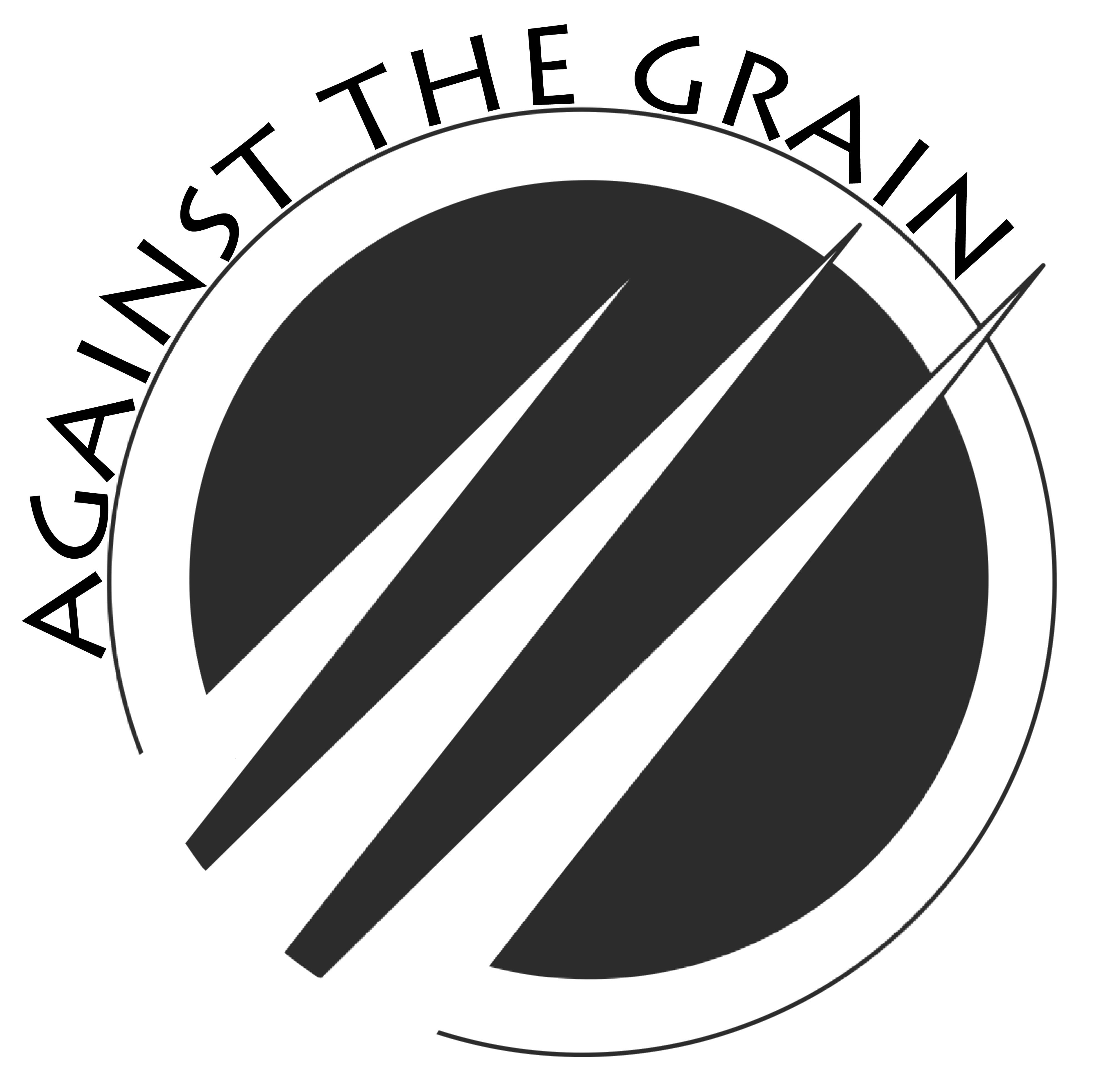Eleni Cay is our next featured poet from our 2019 shortlist. Eleni is a Slovakian-born poet living in the UK. Her most recent poems were published by Eyewear Press in December 2017 and appeared in Atticus Review, Glasgow Review of Books, Poetry Ireland Review, Acumen and Envoi. Eleni’s award-winning collection of Slovak poems A Butterfly’s Trembling in the Digital Age was translated by John Minahane and published by Parthian Books. Eleni is known for her filmpoems, dancepoems and multimedia poetry, which have been screened at international festivals and featured on Button Poetry.
Oranges are the Only Fruit
My grandfather unwrapped his first orange when he was nine.
He didn’t wash his hands till Three Kings’ Day,
the sweet essence lingering on his calluses.
He used to say grandma’s hugs were like oranges in winter.
My parents plundered a few when they were young.
The bold sweetness of Valencias ignited a land
of opportunity inside their mouths. They gobbled the
flesh together with the skin, blinded by the flushed sun.
Mr McPhee bought as many as the words he wrote for The New Yorker.
Unsure whether to cut them into nine like planets or into quarters
like lunch for the businessmen. They tasted of a pre-dawn running,
pesticide-rich, fruitless manufactured concentrate to him.
I have experienced many. Too many for one person to carry.
I calorie-checked, Instagrammed, changed them beyond recognition.
With yellow nails you carved out the seeds, now the oranges are mine,
you said. No one can put fruit back together once it is cut in half.
First published by Poetry Ireland Review
Soldiers’ graves
Inside the innocent poppy heads
there are billions of small black bullets.
Their unrequited kisses
leave empty spaces in-between the wild rye.
It doesn’t matter how many you hurt in the combat.
The fleeting sunset does it every evening to the sky.
What unites us is the red blood,
setting out from the heart.
First published in Glasgow Review of Books





